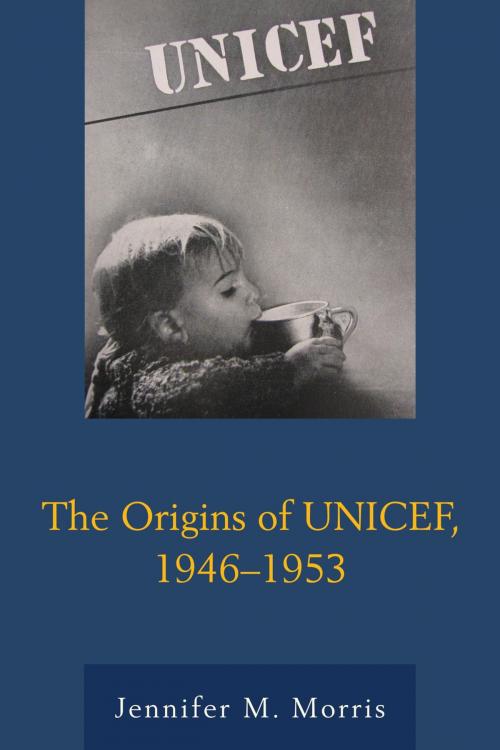The Origins of UNICEF, 1946–1953
Nonfiction, Social & Cultural Studies, Social Science, Philanthropy & Charity, History, Modern, 20th Century| Author: | Jennifer M. Morris | ISBN: | 9780739176252 |
| Publisher: | Lexington Books | Publication: | April 16, 2015 |
| Imprint: | Lexington Books | Language: | English |
| Author: | Jennifer M. Morris |
| ISBN: | 9780739176252 |
| Publisher: | Lexington Books |
| Publication: | April 16, 2015 |
| Imprint: | Lexington Books |
| Language: | English |
The Origins of UNICEF traces the history of the founding of the world’s most well-known and often controversial relief aid organization for children. UNICEF modeled itself after several national organizations as well as some of the early twentieth-century transnational and international relief aid organizations, catering to a clientele that many observers claimed would be impossible to resist or ignore. In only a few years, UNICEF’s programs provided relief aid to millions of children in locations around the globe, but the atmosphere of post-war cooperation, quickly supplanted by Cold War tensions, caused UNICEF’s efforts to be scrutinized lest they be too closely aligned with either the United States or the Soviet Bloc. UNICEF remains one of the most highly regarded and effective child relief-aid organizations in the world. The story of its founding and its first years as an aid organization provide insight into how an international, apolitical, philanthropic organization must maneuver through political and cultural tensions in order to achieve its goal of mitigating human suffering.
The Origins of UNICEF traces the history of the founding of the world’s most well-known and often controversial relief aid organization for children. UNICEF modeled itself after several national organizations as well as some of the early twentieth-century transnational and international relief aid organizations, catering to a clientele that many observers claimed would be impossible to resist or ignore. In only a few years, UNICEF’s programs provided relief aid to millions of children in locations around the globe, but the atmosphere of post-war cooperation, quickly supplanted by Cold War tensions, caused UNICEF’s efforts to be scrutinized lest they be too closely aligned with either the United States or the Soviet Bloc. UNICEF remains one of the most highly regarded and effective child relief-aid organizations in the world. The story of its founding and its first years as an aid organization provide insight into how an international, apolitical, philanthropic organization must maneuver through political and cultural tensions in order to achieve its goal of mitigating human suffering.















